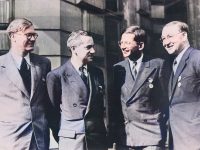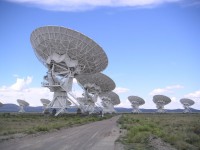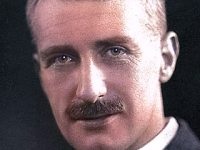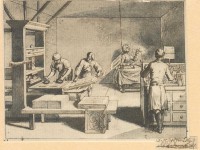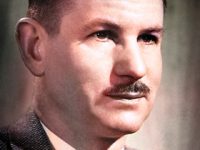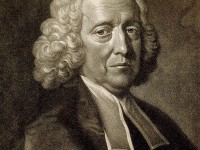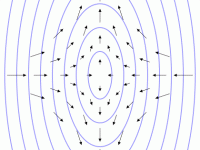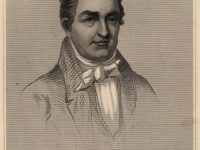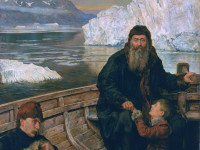Otto Frisch and the Idea of Nuclear Fission
On October 1, 1904, Austrian-British physicist Otto Robert Frisch was born. With his aunt Lise Meitner,[4] Frisch described the division of neutron-bombarded uranium into lighter elements. With his collaborator Rudolf Peierls he designed the first theoretical mechanism for the detonation of an atomic bomb in 1940. “Scientists have one thing in common with children: curiosity. To be a good scientist you must have kept this trait of childhood, and perhaps it is not…
Read more

